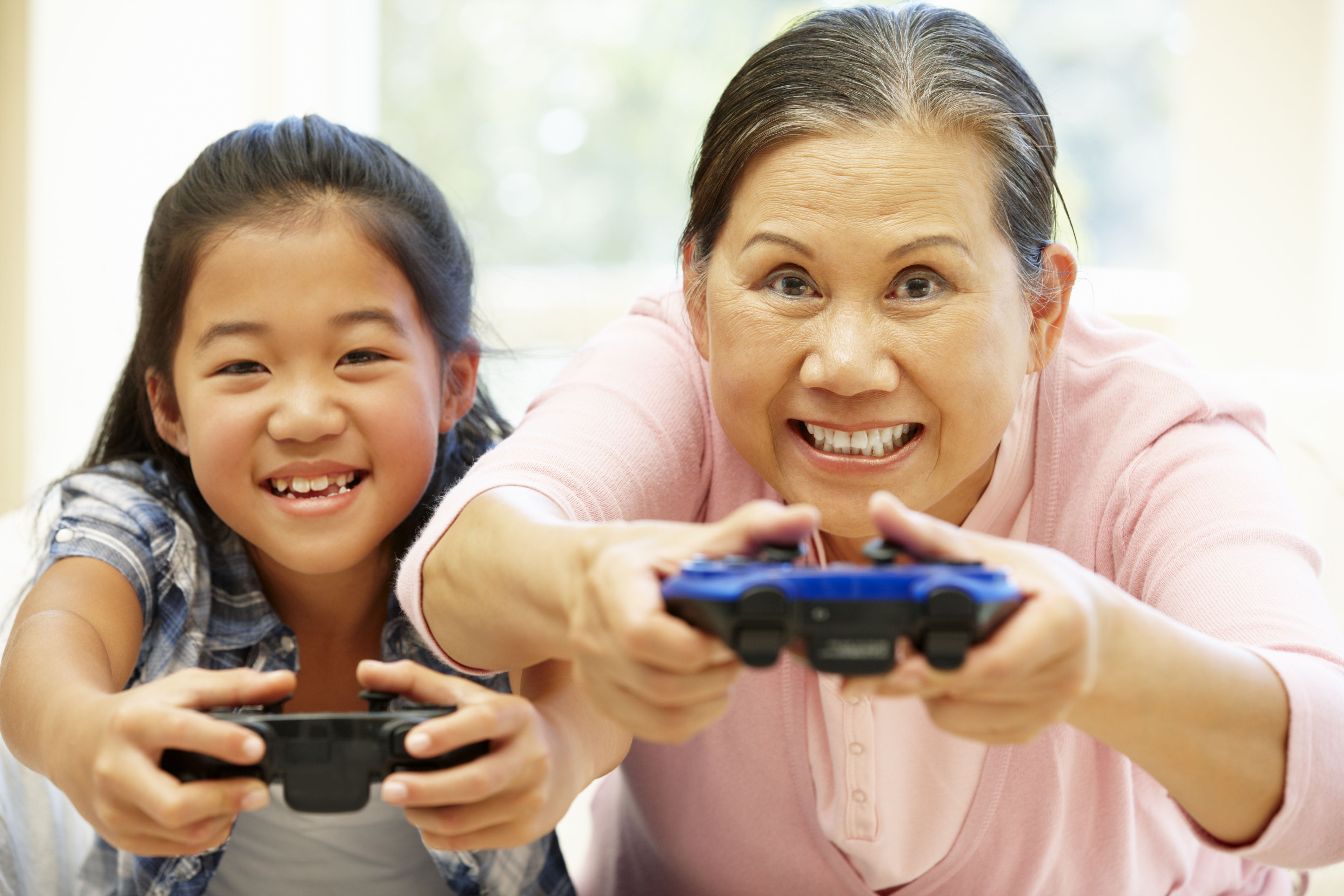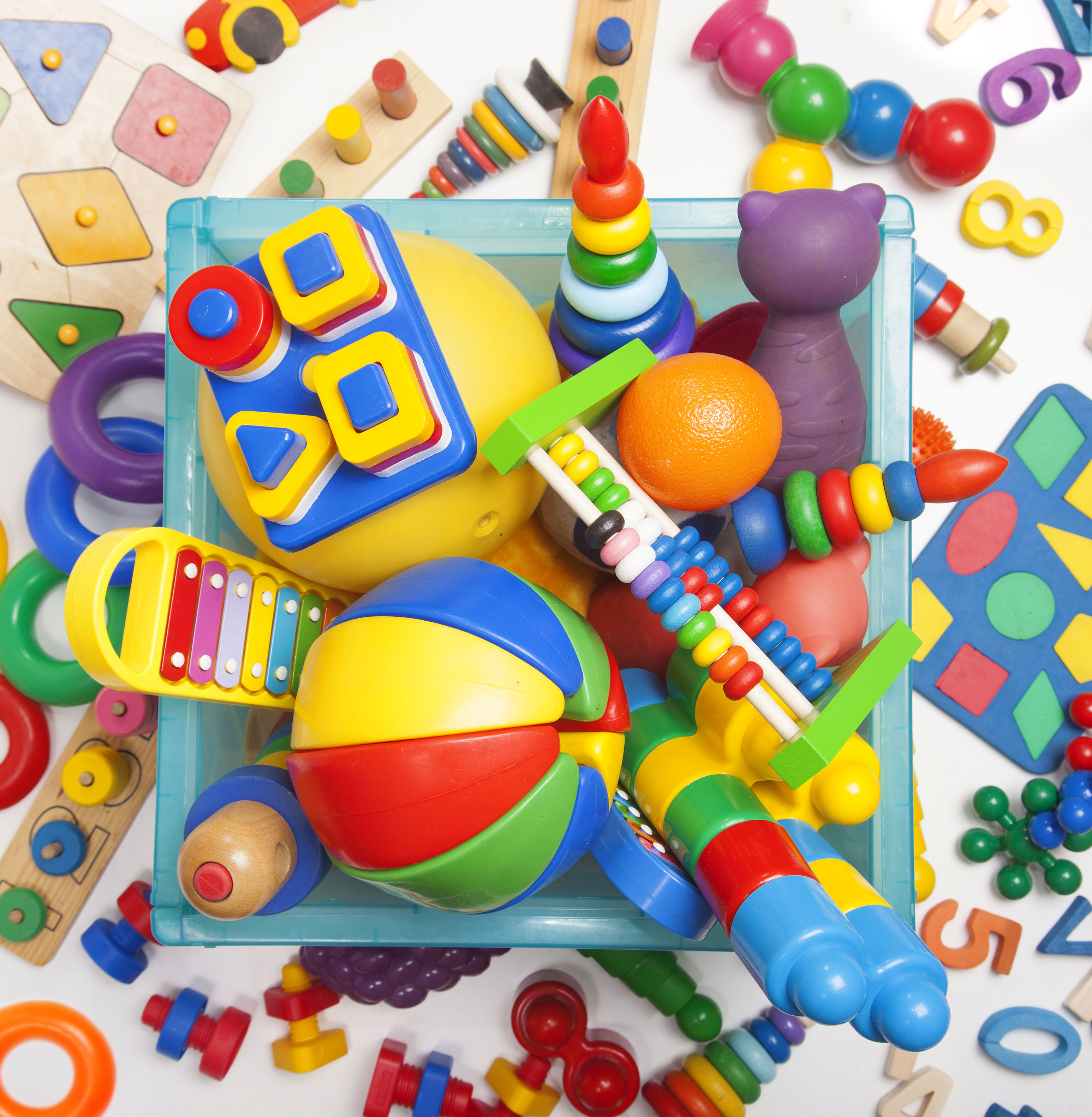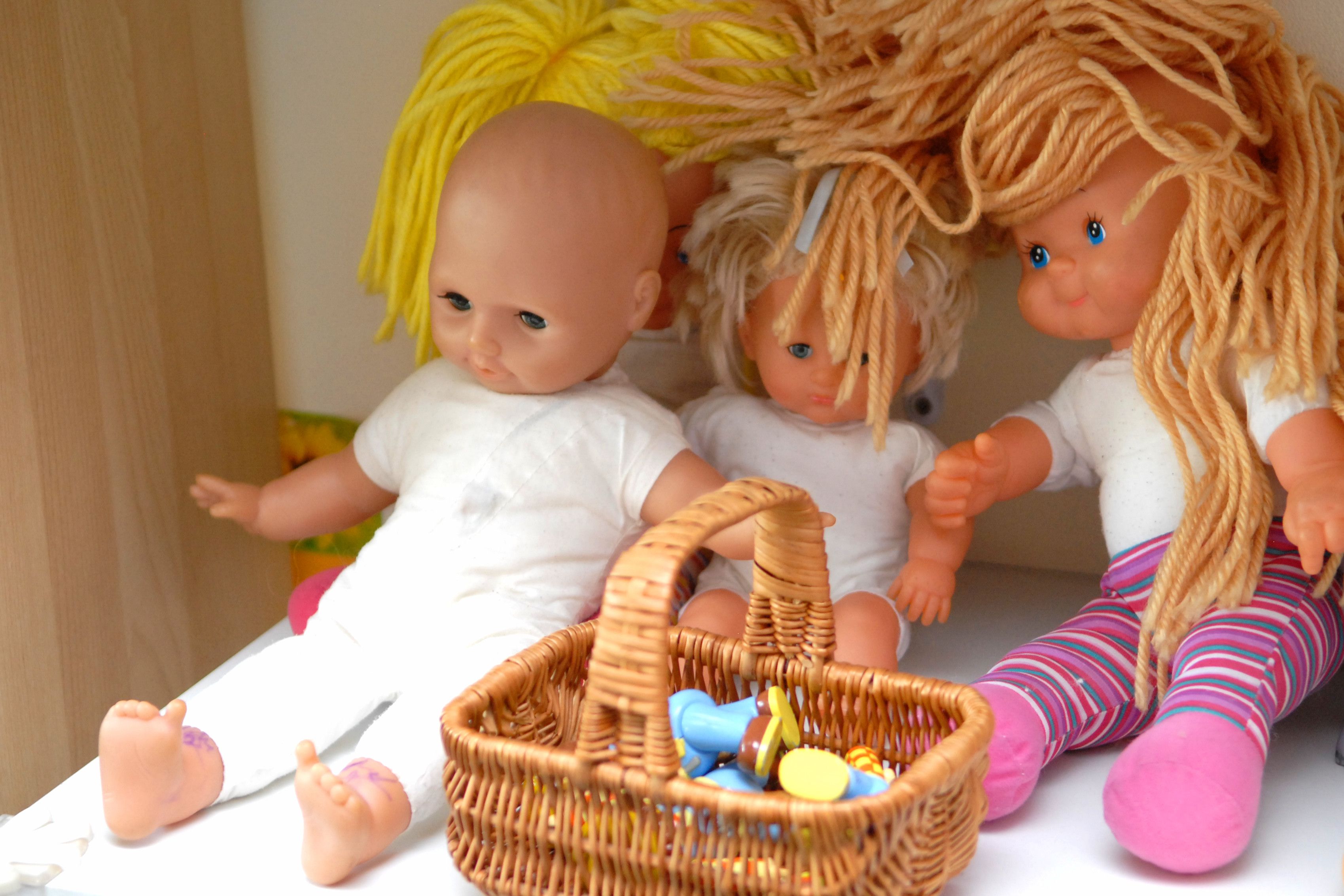Play is often a distant childhood memory for older people and not considered age-appropriate for the aged to engage in. However, a few studies in non-Chinese societies have found preliminary evidence that play and therapeutic play for the elderly produced positive effects in them. Noticing there was no standard test for measuring the perception of play among the elderly, an interdisciplinary research team has developed a Perception of Play Questionnaire for older adults, which will help further studies on the efficacy of therapeutic play as a potential basis for health and well-being interventions for older people.
People's bodies and brains change as they age, as do their familial, social and economic circumstances over time. Some older people who have problems coping may be prescribed medication or cognitive-behavioural therapy to assist them, but these treatments may be unsuitable for those with cognitive or physical impairments and who are unable to express themselves clearly. Play therapy has been extensively studied as an intervention for young children with emotional, behavioural or mental health problems to develop their social and communication skills, and cognitive and decision-making abilities.














